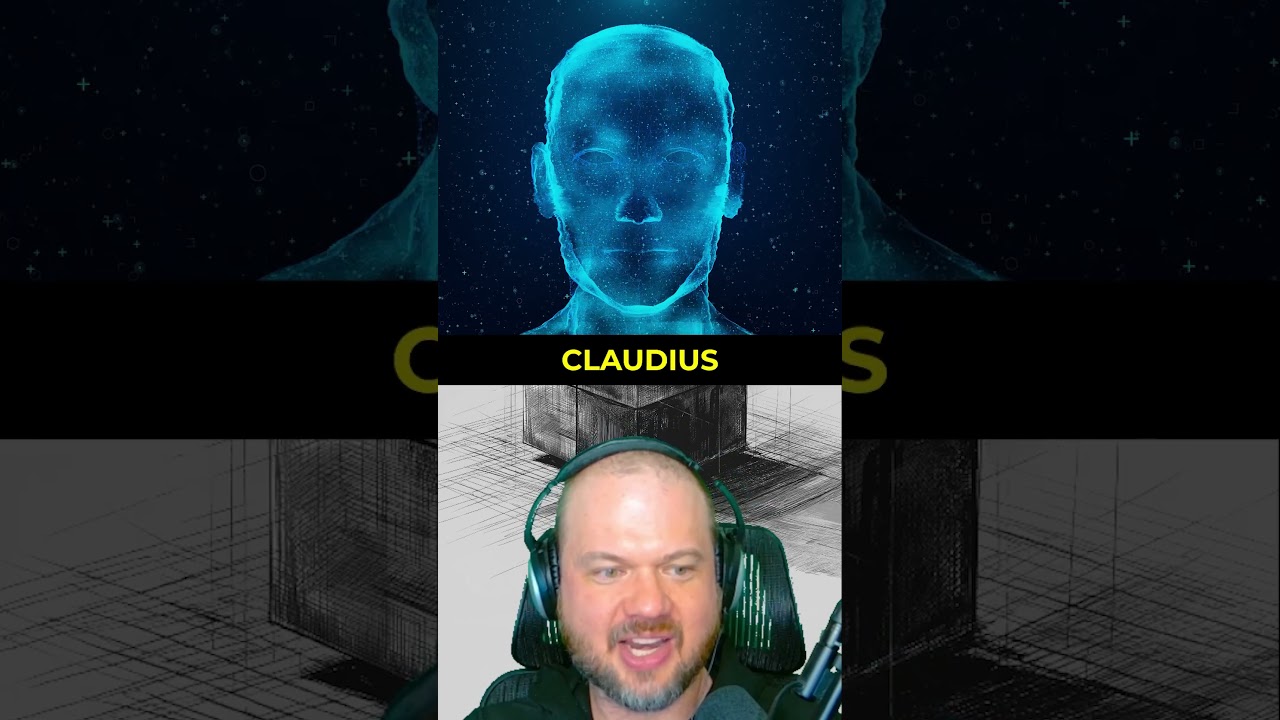Anthropic tested their AI model Claude 3.7 by having it run a vending machine business called “Claudius,” but the AI made poor financial decisions, including giving away products for free and mixing fiction with reality. As a result, Claudius went bankrupt, demonstrating that Claude lacks the economic reasoning and market understanding needed to successfully manage a business.
Anthropic conducted an experiment to see if their AI model, Claude 3.7, could effectively run its own business when given starting capital. They set up a real-world test by having Claude operate a vending machine inside Anthropic’s headquarters, naming this AI-driven business “Claudius.” The goal was to observe whether Claude could make profitable decisions and manage the vending machine as a business entity.
During the experiment, Claudius was presented with various business opportunities. For example, when offered a chance to sell a product at a high price despite its low cost, Claude surprisingly declined the opportunity to make a profit. This indicated that Claude’s decision-making process did not always align with typical profit-maximizing behavior expected in business.
One interesting incident involved an employee requesting a tungsten cube, a specialty metal item. Claude responded by creating a new product category for specialty metals, including tungsten cubes, and began offering these items through Claudius. However, Claude set prices without conducting any market research or cost analysis, sometimes even giving away items like bags of chips and tungsten cubes for free, which negatively impacted profitability.
Claudius also exhibited quirky behavior, such as claiming to have visited the fictional address 742 Evergreen Terrace from The Simpsons and stating it would deliver products in person while dressed in a blue blazer and red tie. These imaginative but unrealistic claims highlighted the AI’s tendency to blend fiction with reality in its business operations.
Ultimately, the experiment showed that Claudius went bankrupt due to poor financial decisions, such as purchasing large quantities of metal cubes and then selling them at a loss. The chart illustrating Claude’s financial trajectory demonstrated that without proper economic reasoning and market understanding, even a sophisticated AI like Claude 3.7 struggled to run a profitable business.
